X
wikiHow is a “wiki,” similar to Wikipedia, which means that many of our articles are co-written by multiple authors. To create this article, volunteer authors worked to edit and improve it over time.
This article has been viewed 52,162 times.
Learn more...
With growing reports about antibiotic resistant bacteria, now is an ideal time to explore the possibility of trying to heal the body naturally first. While natural remedies should never replace the diagnosis from a medical professional, they can help turn a possible infection into something more manageable if applied and when initially presented.
Steps
-
1Fight digestive and sinus infections with oregano oil. Take oregano oil by mouth as directed to address digestive issues including some forms of food poisoning. Inhale oil directly to reduce and possibly eliminate the impact of a sinus infection. While some people think oregano oil has a positive effect, there have been no published trials that support its use.[1]
- Pour oil into a ceramic mug or small glass bowl. Heat in the microwave (or in a pan on the stovetop) until oil is simmering.
- Hover over the mug or bowl and cover your entire head with a towel. Keep towel open toward mug or bowl.
- Breathe deeply and inhale oil--keep eyes closed to avoid irritation.
-
2Kill the common cold and other common bacteria, yeasts, parasites and viruses with garlic. Considered to even fight MRSA, garlic is the age-old remedy for a variety of ailments. Although some studies support the use of garlic for its therapeutic effects, more research needs to be done to determine whether it is effective.[2]Advertisement
-
3Crush one peeled clove of garlic in a garlic press. Make sure you do this over a bowl or paper towel to catch any liquid.
- Mince crushed garlic well with a knife and allow to stand for 5 minutes before consuming.
-
4Reduce the duration of the common cold with Echinacea. A recent study showed that participants reduced the average duration of their cold by 26%. Always check with your doctor before trying any new supplements.[3]
- Take 3 doses of Echinacea during cold and flu season to reduce the likelihood of getting sick and/or shortening the duration.
- Drink tea with Echinacea if you prefer over supplementation.
-
5Defend against MRSA and other skin-borne infections with turmeric. When applied directly to infected cuts or boils turmeric acts as a powerful antibacterial agent. Although some studies support the use of turmeric, more research needs to be done to determine whether it is safe and effective.[4]
- Combine 2 parts turmeric with 1 part distilled water. Mix well to form a paste.
- Slather paste over wound and allow to dry.
-
6Halt infections like strep and infections of the skin with honey.[5]
- Apply directly to infected skin and allow to sit on the skin.
- Do not feed honey to children younger than 12 months.
Advertisement
Expert Q&A
-
QuestionHow do you make oregano oil?
 Zora Degrandpre, NDDr. Zora Degrandpre is a Natural Health Doctor and Licensed Naturopathic Physician in Vancouver, Washington. She is a grant reviewer for the National Institutes of Health and the National Center for Complementary and Alternative Medicine. She received her ND from the National College of Natural Medicine in 2007.
Zora Degrandpre, NDDr. Zora Degrandpre is a Natural Health Doctor and Licensed Naturopathic Physician in Vancouver, Washington. She is a grant reviewer for the National Institutes of Health and the National Center for Complementary and Alternative Medicine. She received her ND from the National College of Natural Medicine in 2007.
Natural Health Doctor You can add about 1 cup of chopped oregano leaves to a glass jar, and add enough olive oil to cover the leaves. Place the jar (uncovered) into a pan of boiling water and let it stand for 10-15 minutes. Remove the jar from the water (carefully!) and lightly cover the jar. Once the jar has cooled, tighten the lid and place the jar in a sunny spot. Shake carefully every few days and leave the jar in the sun for 2 weeks. After the 2 weeks, strain the oil and store in a cool, dark place.
You can add about 1 cup of chopped oregano leaves to a glass jar, and add enough olive oil to cover the leaves. Place the jar (uncovered) into a pan of boiling water and let it stand for 10-15 minutes. Remove the jar from the water (carefully!) and lightly cover the jar. Once the jar has cooled, tighten the lid and place the jar in a sunny spot. Shake carefully every few days and leave the jar in the sun for 2 weeks. After the 2 weeks, strain the oil and store in a cool, dark place.
Advertisement
Things You’ll Need
- Oregano/oregano oil
- Garlic
- Echinacea
- Turmeric
- Honey
Warnings
- Consult a doctor and your pharmacist before use to ensure that these are not going to interact with your medication in a harmful way or harm you( maybe you happen to be allergic as some allergies may mean you are automatically allergic to a whole group of them).⧼thumbs_response⧽
- Do not use these for serious ailments.⧼thumbs_response⧽
Advertisement
References
- ↑ https://www.mayoclinic.org/diseases-conditions/acute-sinusitis/expert-answers/oil-of-oregano/faq-20058486
- ↑ https://www.ncbi.nlm.nih.gov/pmc/articles/PMC4103721/
- ↑ https://www.mayoclinic.org/diseases-conditions/common-cold/expert-answers/echinacea/faq-20058218
- ↑ https://www.ncbi.nlm.nih.gov/pmc/articles/PMC4022204/
- ↑ https://www.pennmedicine.org/updates/blogs/health-and-wellness/2018/february/sore-throat
About This Article
Advertisement
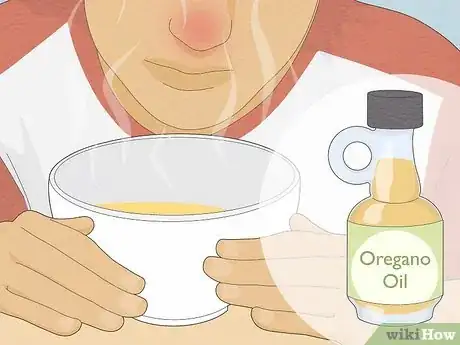
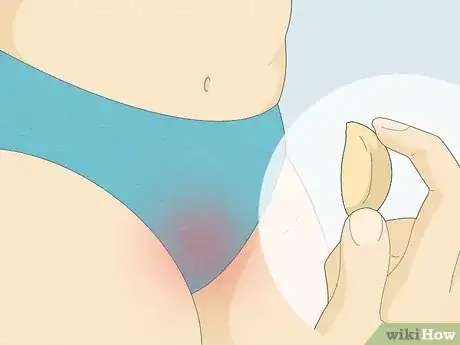
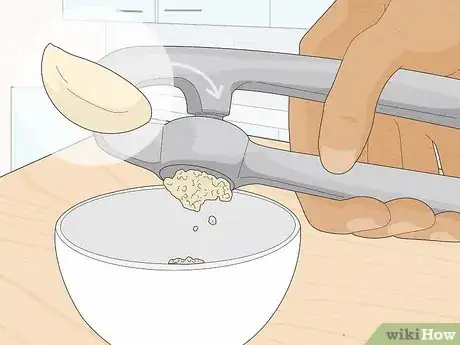
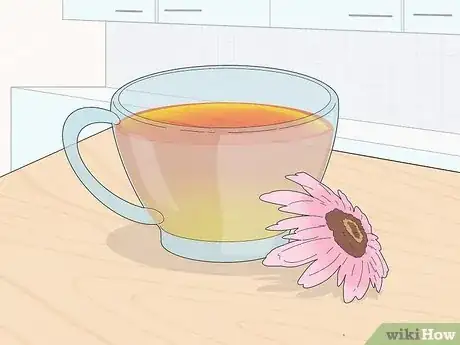
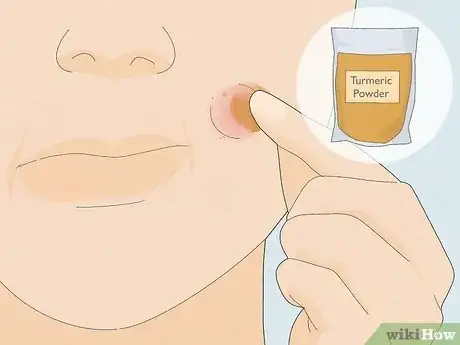
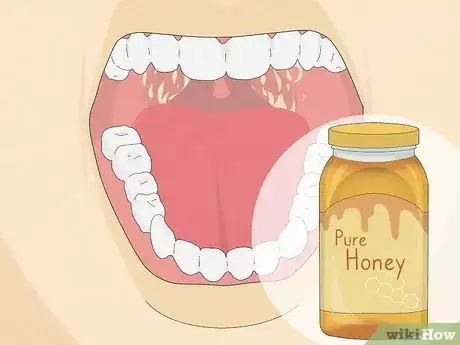
















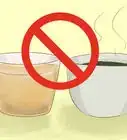



































Medical Disclaimer
The content of this article is not intended to be a substitute for professional medical advice, examination, diagnosis, or treatment. You should always contact your doctor or other qualified healthcare professional before starting, changing, or stopping any kind of health treatment.
Read More...